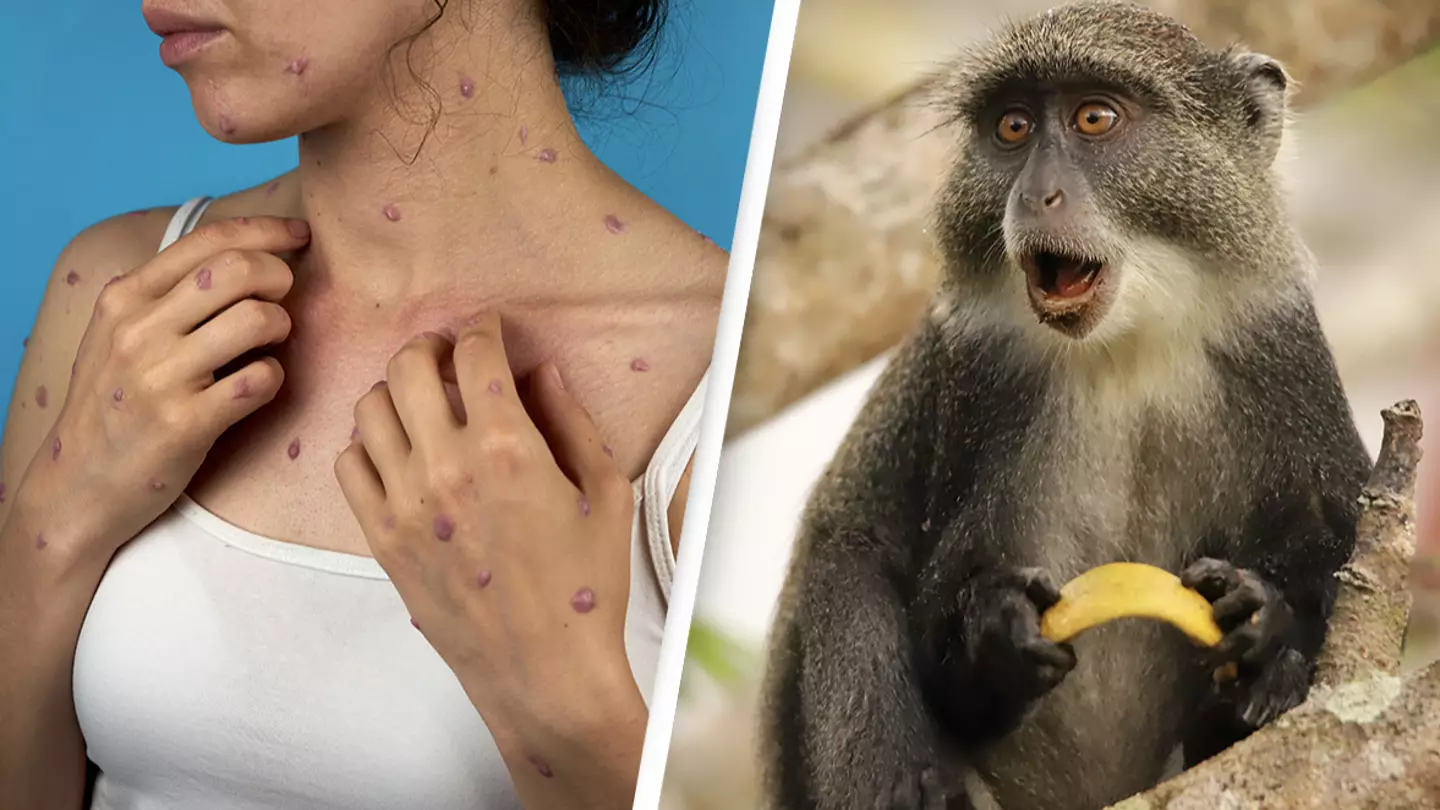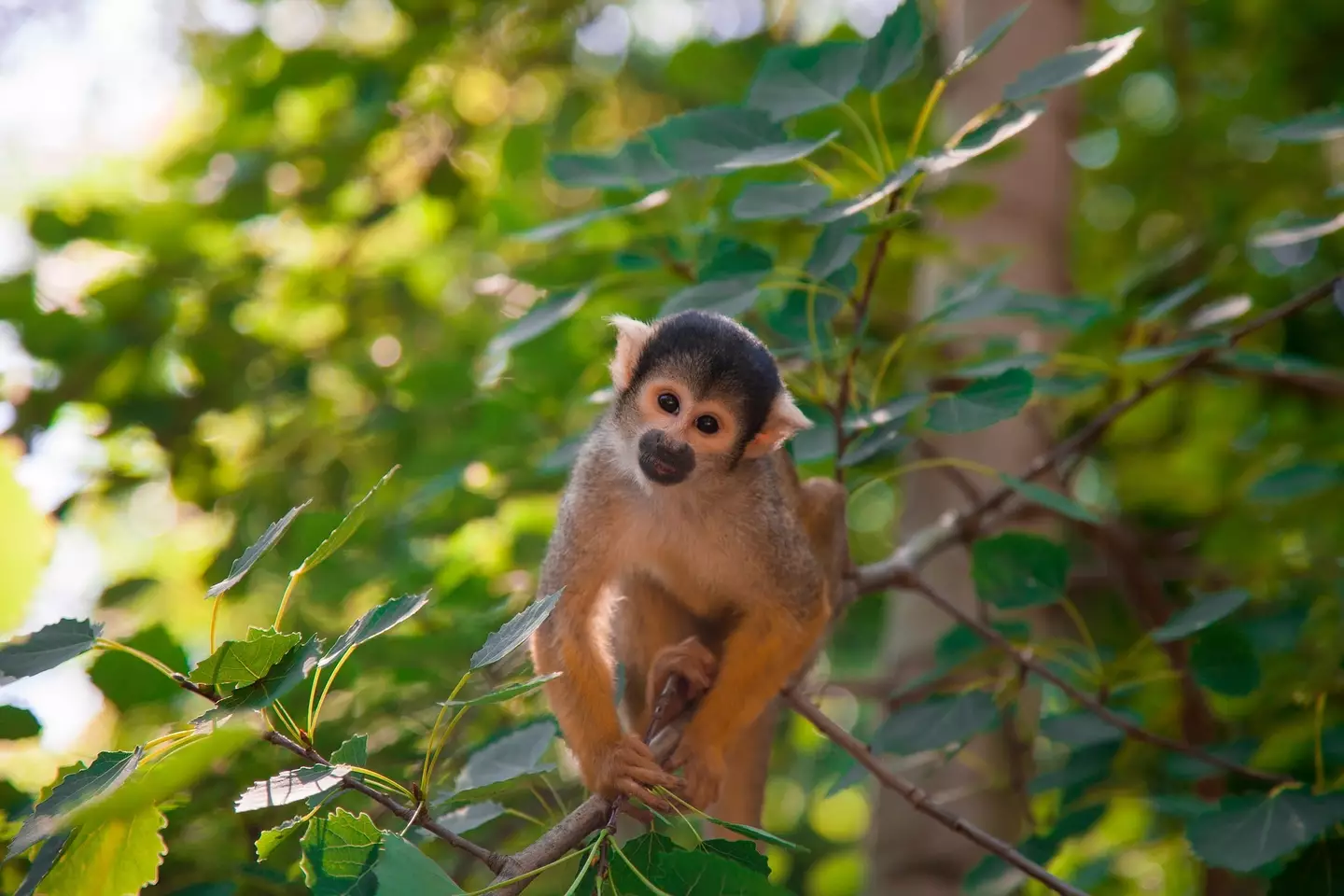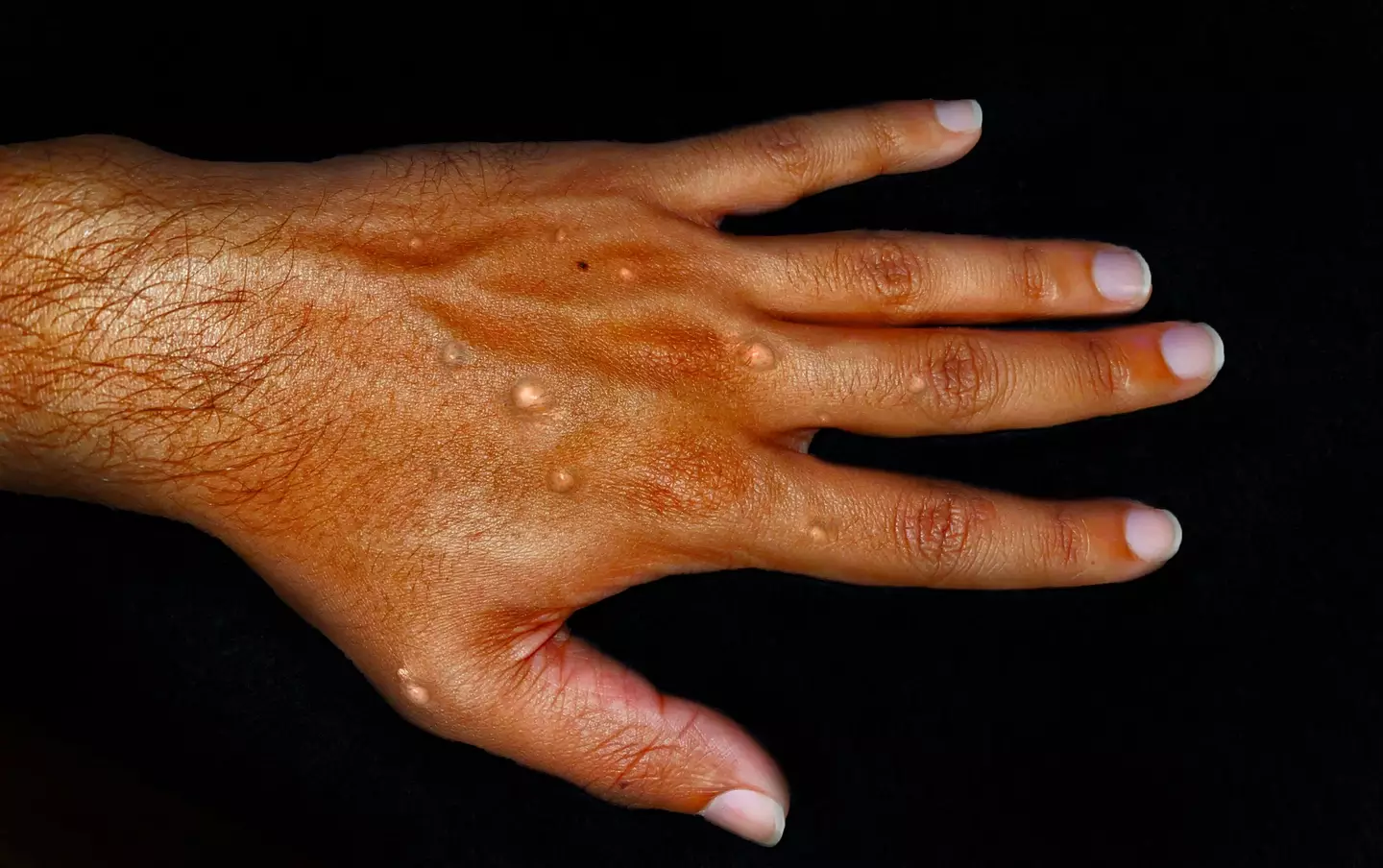
The World Health Organization (WHO) has been forced to tell people not to attack monkeys following reports of injuries and deaths in the wake of the monkeypox outbreak.
At least 10 monkeys, including marmosets and capuchins, had to be rescued in Brazil after showing signs of intoxication by suspected poisoning or having been harmed.
Seven of the creatures died after being rescued, while the others are still being monitored at a zoo in São José do Rio Preto, in the state of São Paolo.

Advert
It comes after the WHO previously declared monkeypox a public health emergency of international concern, with more than 30,000 cases having been reported globally this year.
WHO spokesperson Dr. Margaret Harris stressed the need for the public to understand 'the transmission we are seeing is happening between humans'.
Speaking at a press briefing in Geneva, she continued: "The concern should be about where it's transmitting in the human population and what humans can do to protect themselves from getting it and transmitting it. They should certainly not be attacking any animals."
The Environmental Military Police in Brazil believe the recent reports of monkey poisonings were the result of a fear of monkeypox, prompting officers to reinforce patrolling in wooded areas. Meanwhile, civil police in the country are investigating whether the cases are criminal, with studies underway to determine causes of death for the monkeys that died.
Dener Giovanini, the coordinator of Renctas, an acronym for the National Network to Combat Wildlife Trafficking, told NBC News monkeys have also been stoned or shot to death in Brazil following the monkeypox outbreak.
Advert
"The name chosen for this new disease is very unfortunate," he told the publication. "Many people in Brazil believe that monkeys carry the disease and are persecuting these animals. We are very concerned because this represents a huge threat to wild animals in Brazil, which are already very endangered."

PETA explains the virus got the name 'monkeypox' because it was first documented in monkeys kept in laboratories in the late 1950s, however experts believe it predominantly affects small animals such as squirrels, rats and mice.
It was first detected in humans in 1970, and can be spread when humans have direct contact with infected animals, or from human to human through respiratory droplets or other bodily fluids. Symptoms of the virus include a rash, fever, chills, swollen lymph nodes, exhaustion, muscle aches and headaches.
Advert
If you have a story you want to tell, send it to UNILAD via [email protected]
Topics: Animal Cruelty, Animals, Health, World News